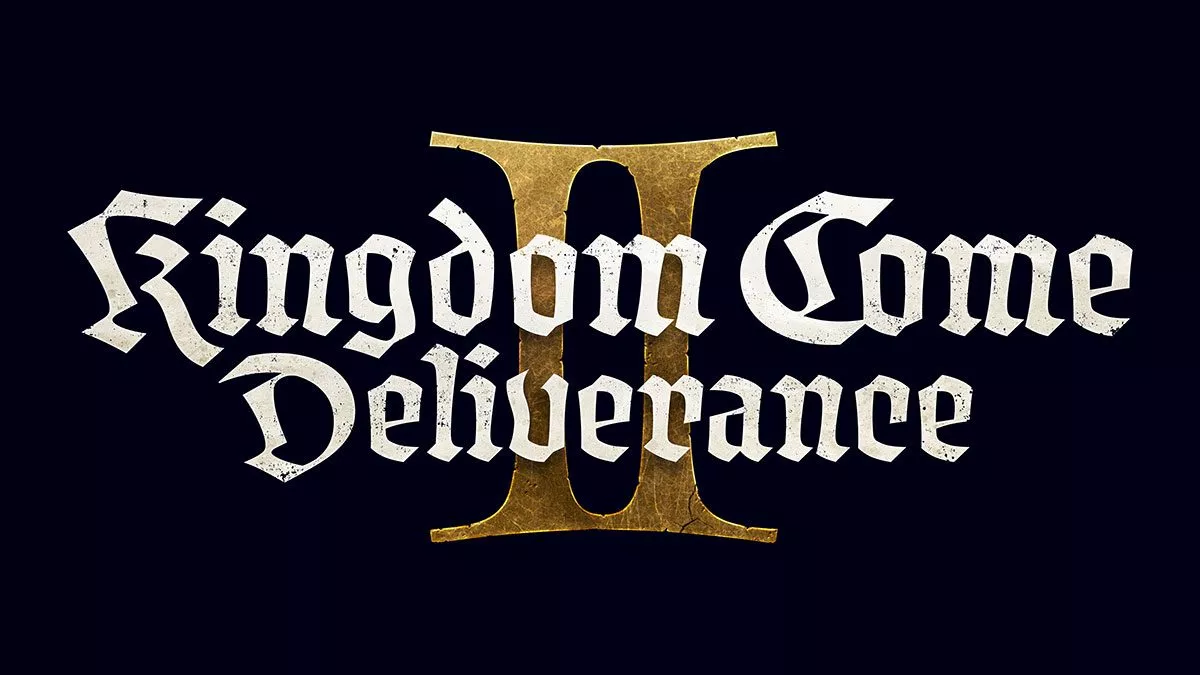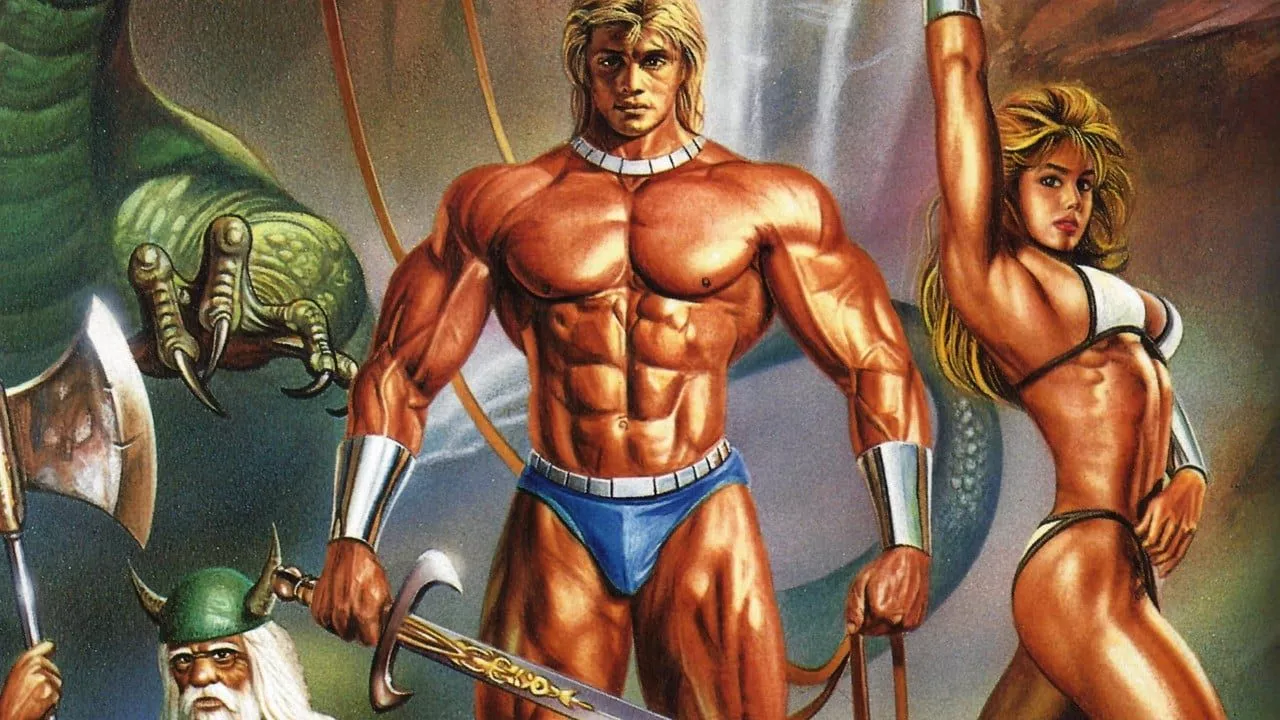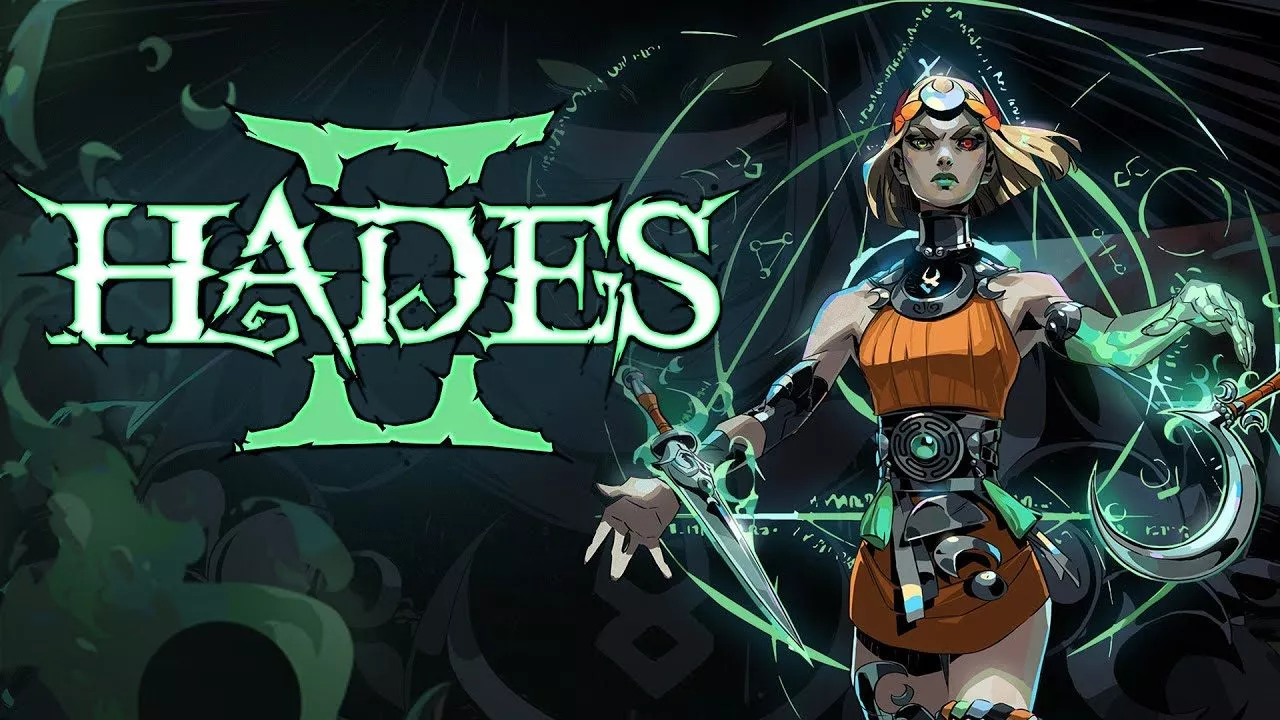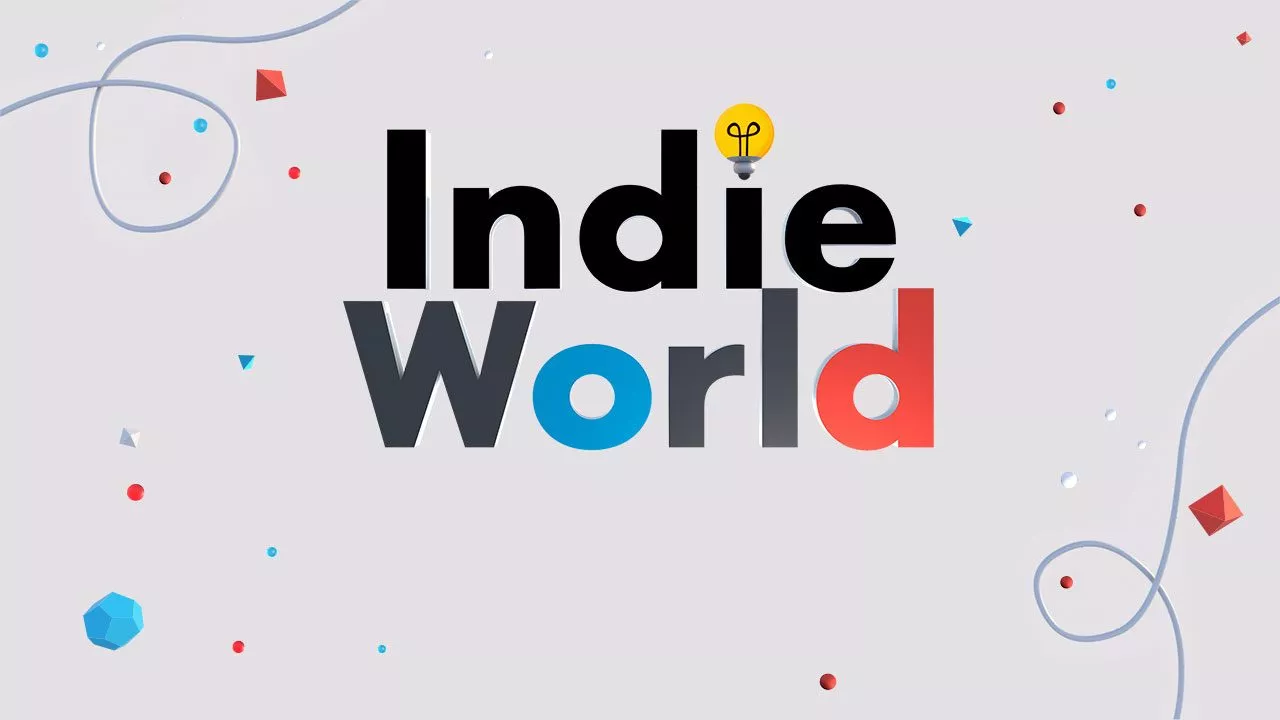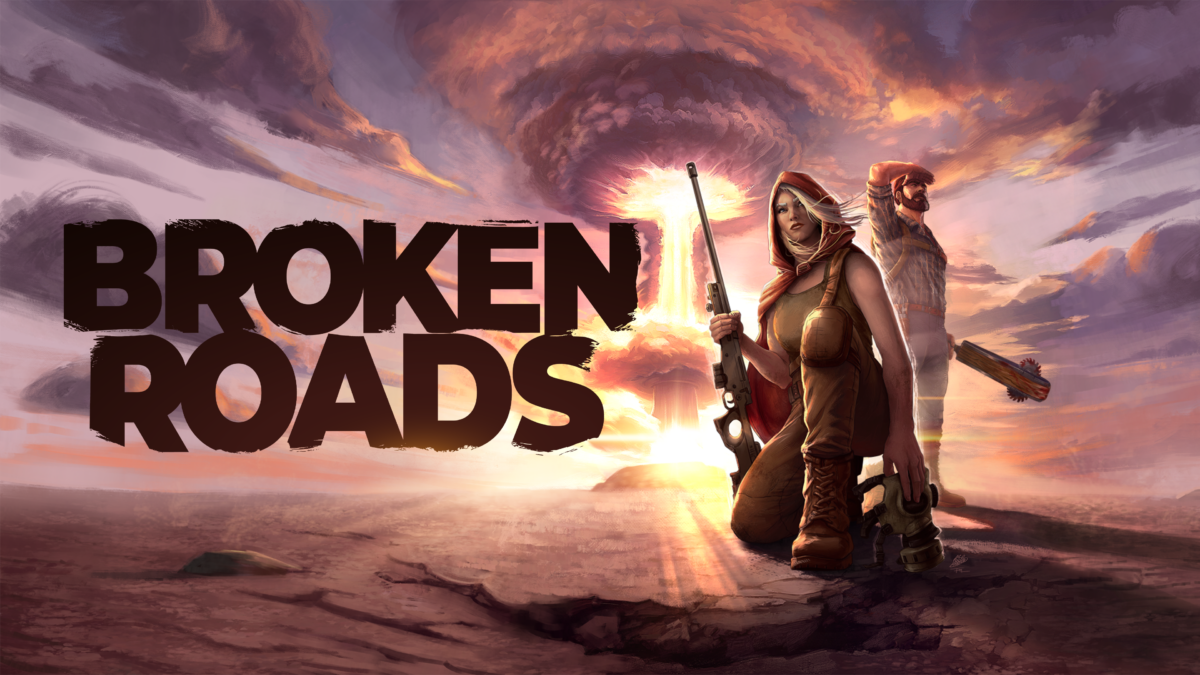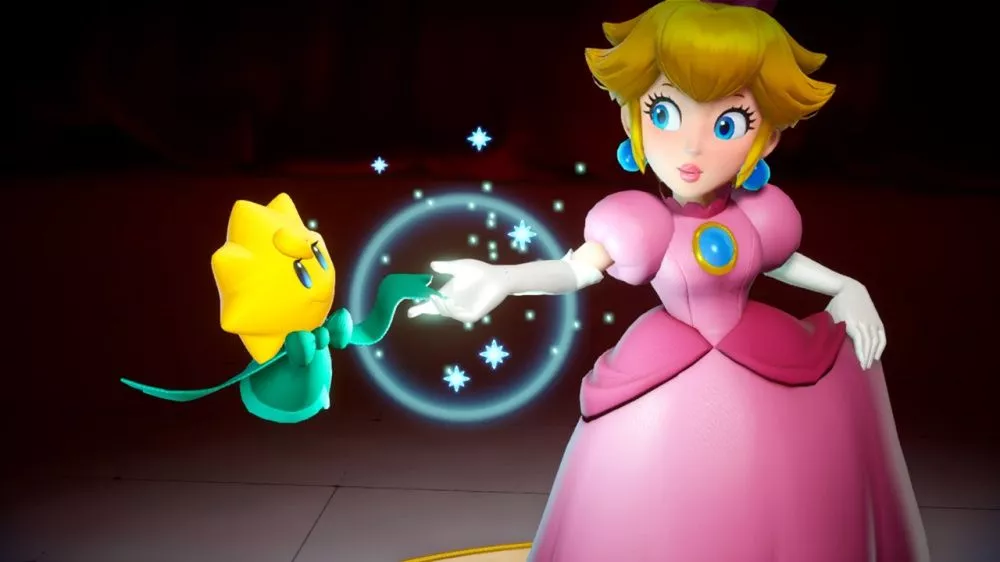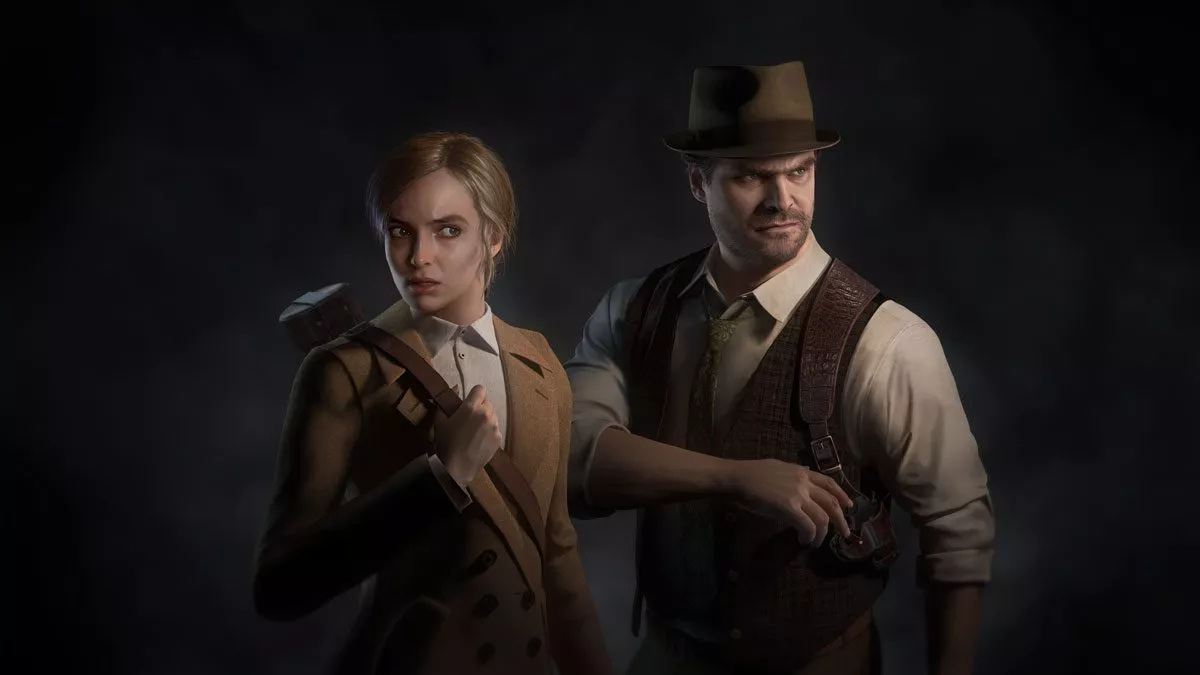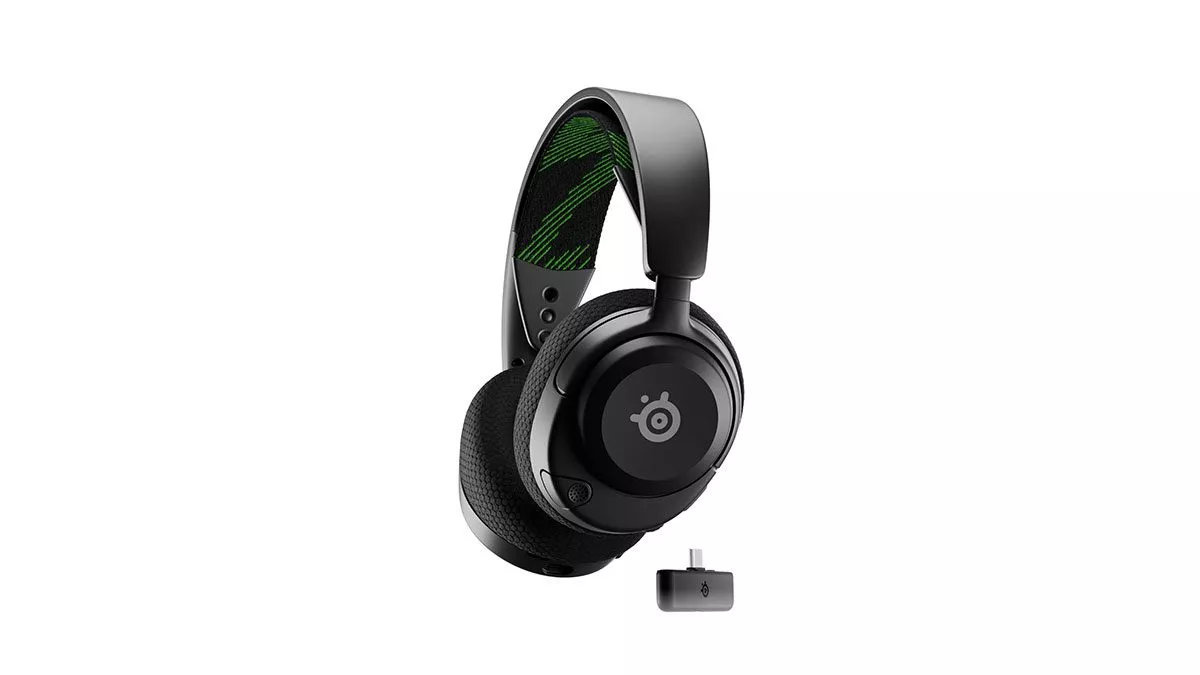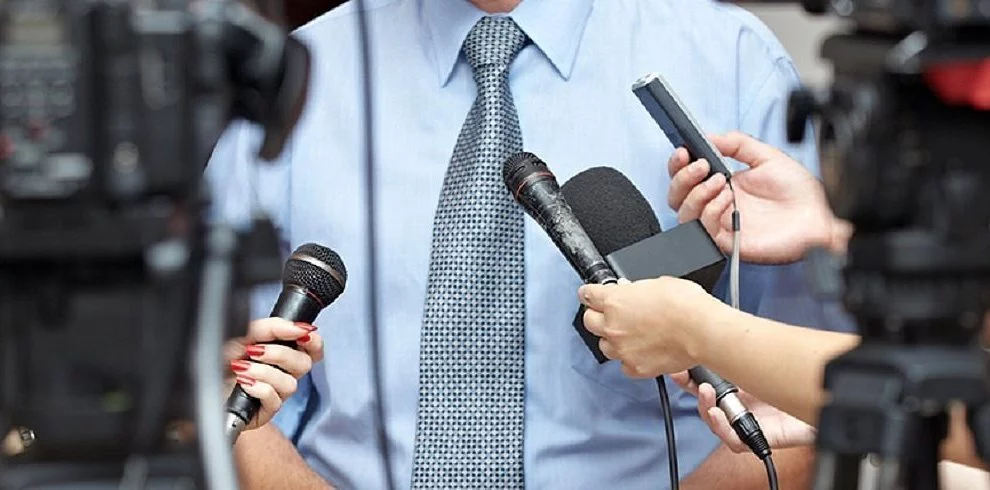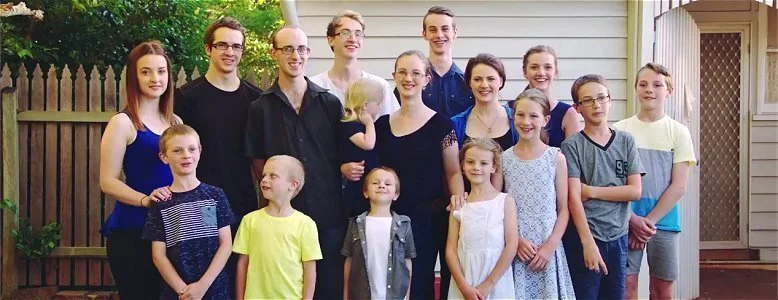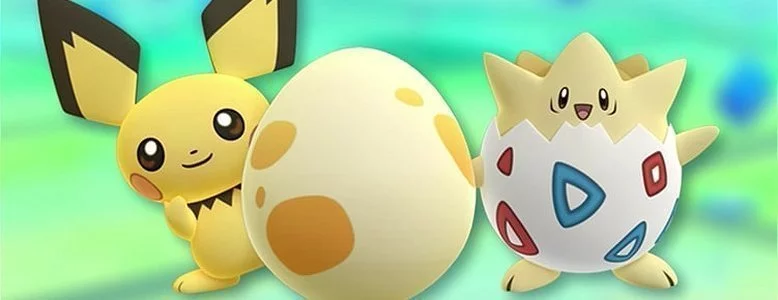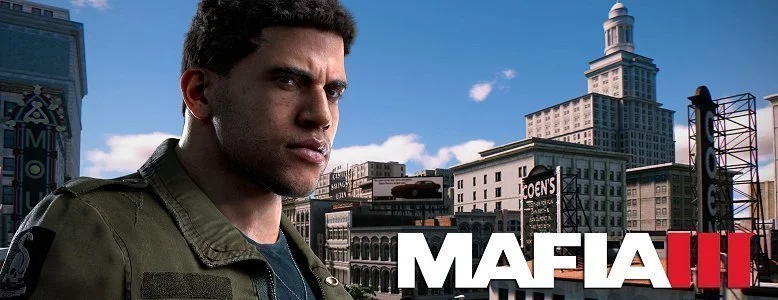Microsoft versus Sony, Battlefield versus Call of Duty and Forza versus Gran Turismo. These are some of the rivalries that can get people talking about console wars. “Game On or Game Over” is your place to get inside the minds of Nicholas and Andy as they seek to find the true meaning of gaming and tackle some of gaming’s most controversial subjects. Both are award winning authors – although the awards haven’t been mailed or created yet — but trust them. Would they lie to you?
Nicholas: There’s a phrase we hear bandied about from time, “any publicity is good publicity” and it’s one that I’d like us to delve into this week. Just last week, Sony Australia released a video titled, ‘Meet the Bonells – Australia’s largest family put PlayStation 4 to the test’. In the short two-minute clip, it introduces the viewer to the family, made up of two parents and 16 siblings. There’s a few laughs at how the father doesn’t know how to play (insert the cliché, “which character am I” line) and how they share a single bathroom, but the rest of the video shows them huddled together enjoying both multiplayer, VR and video streaming as a family.
The question I wanted to start with though, is ‘why?’ What exactly is the point of the video and what is it trying to show. Here at Stevivor we went a bit tongue-in-cheek saying, “Maybe Sony could pitch in for some renovations” but I’ve read other tweets from people feeling a little stumped at what the video was all about. So to kick things off, I wanted to ask what your opinion is and whether you think it meets its goal.
Andy: Man, I have to be honest here. I have zero idea what the real purpose of that entire spot was. A family of 18 living in a house with one bathroom and one PlayStation 4… OK. Is it maybe something as simple as a subliminal birth control message? I have seen a lot of advertising over the years, some good, some cheeky and some downright bad. One thing I can say for the vast majority of it is I didn’t know what it was trying to say. This PlayStation spot just seems so far into the left field that it left me confused.
Sure they were trying to say that the PS4 has something for everyone and that parents are terrible at playing game. Aside from that, I have no idea the purpose behind it. Quite frankly, if that was the entire message of the ad, then it’s terrible because PlayStation has released scores of ads saying the same thing, but doing them much, much better. To me it feels like a school project and not something a major player in the video game industry would produce. So, I have to agree with the sentiment you have seen online of “why”, because I just don’t get it either.
We’ve seen video game ads get bigger and bolder over the years, heck we even saw Nintendo do a teaser trailer for a console. I want you to put on your special wizard hat and answer this very simple question. What in the hell was Sony thinking with this ad? Is there a bigger purpose behind it, or just a truly terrible put together ad?
Nicholas: I think it’s going for two things. First, as we’ve said, it’s definitely going for that, “the PlayStation 4 has enough for the whole family” angle. At the same time, it’s also trying to appeal to that, “we’re all Aussies” sentiment so it doesn’t come across like another generic marketing campaign that’s been shot in America and then beamed around the world with a different voice-over. Thing is, I can see where they’re coming from and what they’re trying to do – Christmas is approaching, the Xbox One is a better console and Sony are trying to win back the mantle and they’re trying to appeal to those individuals who have the purchasing power, but the fact is, you sort of overlook everything and you’re stuck thinking, “that family has 18 people”. It kind of detracts from the entire message of the video.
I wanted to move away from Sony and Australia’s most crowded house for a moment and discuss another story that’s been in the news pretty much since it launched (and even before) – Pokémon GO. It was the craze that absolutely swept not just the nation but the world, and it crashed almost as quickly as it came. Sure there are people who’ve been playing it since the beginning, but for the greater part it doesn’t seem like the attention is still there. Despite this though, major gaming outlets have continued to discuss rumours about upcoming updates, and just recently it was announced that the second generation of Pokémon are set to be added to the game.
I started this article talking about the idea that any publicity is good publicity, and I wanted to find out if that’s what we’re seeing now with Niantic and Pokémon GO? So many people have complained about the bugs we experienced at launch and there’s been so much chatter about the lack of support after it was released and how that ultimately lead to its downfall. We’re now a few months out and there are talks about more developments. Do you think there’s a chance that we’ll see a resurgence of interest once more Pokémon and features are added? Even though it hasn’t been entirely positive, is the reason this game continues to be discussed is the reason why it hasn’t disappeared as a failed project yet?
Andy: OK, first things first. I don’t think Pokémon GO is a failed project by any means. I think it’s no different than any other fad, in that it has a huge unsustainable response when it first launches and then over time find its happy middle. From what I have seen and heard, there was a huge drop off because of some poorly managed bug/features as well as the failure to launch their peripherals. I would be willing to bet Niantic did not account for the sheer amount of people that were going to play Pokémon GO right at the start. When it comes down to it, I think any game would have some server issues with that amount of traffic. Probably compounded by the fact that they are mobile devices so they can connect literally anywhere at any time.
With that said, I’ll admit I am one of the people that stopped playing Pokémon GO. I jumped on the hype train, we even talked about it in one of these articles, I was hooked and hooked bad. For me, I stopped playing it for two reasons. One, like many others, I experienced random disconnects, failure to connect to the servers and other miscellaneous bugs. It just got to be a little too much for me so I ditched it. Two, I had no real connection with the Pokémon franchise. Sure, I had heard about it on and off over the years, but I’d never played a Pokémon game before. So, without that established love of the franchise there wasn’t much holding me there once the initial appeal faded away. That’s OK though because I enjoyed it while I played for sure. I think for those Pokémon fans who played, then faded away, the allure of new characters and updates may be enough to bring them back. Like anything though, Niantic needs to keep the content coming to entice people to stay.
I wanted to circle back a little bit and touch on the first part of your reply if I may. We have heard for years that any publicity is good publicity. I’m not sure that’s entirely true anymore. Things have changed with the rise of social media and the internet. The adage of any publicity is good publicity harkens back to the days of needing people to talk about you, your company or product. That can happen instantaneously now. Add to that the fact that we see people calling for boycotts, and how negative reception of anything can severely hamper player base, sales, clicks or whatever else you want to measure. Have we reached a point where we need to seriously re-examine that adage of “any publicity is good publicity”? Does that really still apply?
Nicholas: Well that’s just the thing isn’t it? Yes, we’ve seen social outcries in the past against companies for shady dealings, but how often does that negativity last and impact the developer? For me, it doesn’t seem like the answer is “very often”. It wasn’t that long ago that the gaming community considered Electronic Arts as the devil, yet just a few years later we’re praising them for the likes of Battlefield 1 (I mean, let’s ignore Titanfall 2 for a moment though). Ubisoft received a lot of flak over Assassin’s Creed Unity but that didn’t stop fans from loving Syndicate. So often we hear people complaining about Nintendo and their less than impressive business decisions, yet Pokémon Sun and Moon ended up being one of the fastest-selling franchises for them. I know what you’re trying to say, but, and maybe this is just for gamers but I’m thinking not, we seem to either forgive and forget very quickly despite the noise we make.
I think it’s pretty interesting that you didn’t think that Pokémon GO was a failed project, because it made me re-evaluate why I made that comment in the first place. You’re absolutely right, the fascination behind that game came and fell like most titles that are released, but for some reason it just seemed… different. For me, the reason why I made that comment was maybe because it went from having dizzying success to almost no noise about it whatsoever in the space of a short time. Perhaps also, and unlike most games, the hype train died not because of time, but from frustration. People won’t stop playing Battlefield 1 because they hate it, they’ll do it because they’ve moved onto something else. With Pokémon GO, people moved on because the game frustrated them and didn’t work. For me, that’s why I considered it ‘failed’.
I’d like your thoughts on the above though. Given what I’ve just said, do you think it’s right to consider GO as a failed project, or is it just a failed launch? If we look at games like Mafia 3, yes it sold, but it wasn’t finished and there were bugs galore. We’ve spoken previously that we shouldn’t accept games that aren’t finished – do you think it’s time we start classifying launch titles with such significant issues as flops, or am I perhaps being too cynical?
Andy: Here’s something to think about in regards to Pokémon GO and part of the reason the sizzle has faded away from it. Yes, there was certainly a hype train behind it – but, and this is a big but – the hype was picked up by more than the traditional gaming outlets. We’ll use your example of Mafia 3. You could expect to see prelaunch stuff on sites like Stevivor, IGN, Kotaku and Gamespot. You could expect to see some stuff on it from gaming blogs, Twitter and Facebook. You know the usual places that we have come to expect to get our gaming news. Pokémon GO was different. It transcended those traditional media sources and blew up into mainstream media. Hell, Good Morning America ran segments on it, my local news station ran segments on it. To further drive the point home, my almost-70 year old father asked me what it was. A guy who knows nothing about video games, can barely add a picture to a Facebook post wanted to know about Pokémon GO.
When you look at it from that perspective Pokémon GO was not a failed launch, it got everyone talking. It got a lot of people out and about, there were groups created, events organized and friendships made around it. So, I still can’t call it a failure. If anything it was a victim of its own success. Meaning that all those hardcore fans had certain expectations going into it that were just not obtainable. Those who went into it without knowing anything about Pokémon were faced trying to learn things on the fly. So instead of saying it’s a flop, I would say more it’s Niantic biting off a little too much. It should have been a slow and steady feature add. But I think they got overwhelmed with server side stuff and the inevitable cheaters that everything else got put on the back burner. Like any release though user base is going to fluctuate and I think what you’re seeing is just that normal ebb and flow. It just looks much worse because of how much press the initial launch had.
I want to go back to the publicity thing though, because you mention something that bares talking about as I think we’re looking at two different things here. You mention EA being the worst company and 2-3 years later earning praise. Ubisoft taking flak for Unity now fans loving Syndicate. I see that as two separate things. One there is an immediate, shall we say hate for lack of a better term towards a game/company but then down the road there is a mending of the bridge and appreciation is gained once again. I’m throwing your words back at you here, I see what you’re saying – but I think that period of “hate” can have a big impact on the game/company. Decreased sales, decreased stock prices, decreased bonuses, etc. Gamers are great at giving second, and sometimes third, chances over things. But every chance that is given there is a certain segment that doesn’t come back.
What you are talking about is more franchise loyalty, willingness to give it one more shot, and to keep the status quo. What I’m talking about is more of the immediate stuff. Even pushing it out, in the case of Syndicate, Ubisoft did report that sales for that title were below expectations. Then you also have to factor in those who may have considered getting the game and heard the backlash and walked away. So, I think I have to stand by my view that the adage doesn’t apply anymore because of how much things have changed across the gaming landscape. With that said though, here’s an interesting caveat. Here I am saying there is some publicity that’s not necessarily good… we started this week’s discussion criticizing Sony and their commercial how terrible it was, how the message is confusing and that it doesn’t tell us anything. But we’re still talking about Sony. So, am I just being totally hypocritical here? After all, we are talking about a terrible commercial, but we are talking about Sony right?
Nicholas: I guess that’s the thing isn’t it? Sure, we mightn’t be talking about a particular company or game in the best light, but it’s being discussed. Whether that discussion is positive or negative is one thing yes, but the fact is, it remains relevant. People love to speak ill of the Kardashians and their contributions to most people’s lives is minimal, but you can’t refute that they’re relevant. I think that’s the major take away from this week’s discussion. You’re absolutely right, negative press can lead to poor sales and a loss of reputation, but despite that, if it’s being discussed then it’s not being forgotten. I hate to circle back but I think that’s what might see Pokémon GO gain some more popularity with these new updates – it’s because we’ve not let it fade away.
As we approach the end of this week’s article I wanted to go on one last tangent and speak about what is heralded as one of the most anticipated games of the year. The Last Guardian was finally released after nine years of development, but out of the gate we’re seeing articles about performance issues and just some less-than-desirable gameplay choices.
When a game is in development for almost a decade, do you think it’s acceptable that issues like framerate continue to be a thing? We’ve just spoken about failed launches, and while I concede that I completely agree with what you’ve said about Pokémon GO, do you think that in any way that The Last Guardian should have done better? On that, what would it take for you to consider a game as being a ‘failed project’, and have you seen it happen before?
Andy: Oh man, that’s a good question and I am going to answer it from a different angle though. Any time a game is delayed time and time again, to the point there is almost a decade in between the announcement and the release of the game you have to expect promises won’t be kept and that there will be a litany of issues. I just don’t see how a project can go through that many delays and still come out exactly like it was promised. So in one aspect that’s on the consumer to see that, recognize it, and if you still want to get that game go in with tempered expectations. The reviews I have seen for The Last Guardian are literally all over the place. I’m not sure of another game that is so scattered to be honest. Some seem overly critical of it, while others seem oblivious to all its shortcomings. It’s turning out to be an enigma really.
Your last question is one we could probably do an entire article on, but I’ll do my best to do it some justice. What makes a failed project really depends on who you ask. On the gamer side it’s really simple. You take hype and measure that to enjoyment of the game. Gamers can also take the cost of a game and compare it to the number of hours they played it. Those are two pretty easy metrics to use on the gamer side. On the developer/publisher side things can get a little more tricky. The easiest one is cost to make the game versus profit made from sales. Every game regardless of how big or small it is will have a break-even point. But breaking even is never a game’s goal. They want to make money to fund the next one. Each game more than likely has an internal number that they want to hit, and then probably a reach goal they’d like to hit as well. Number wise on that account it’s fairly easy to measure based on a pure business standpoint. Then you can add in review scores as well, and attach monetary means to it. Fallout: New Vegas is a great example. In the contract if the game hit an 85 overall rating the team would have gotten bonuses. The game ended up getting an over rating of 84 and the bonuses were withheld. Pretty sh*tty, but it was in the contract.
For me personally when I think of a failure of a project I combine several of those Hype+ Overall reception + Gameplay Value (hours put into it). The biggest flop I can think of in most recent memories is Aliens: Colonial Marines. There was so much hype for that game, many promises made, test footage showed and what was delivered was anything but what the end product looked like. On the Gearbox side I know they reported sales for that game were far below their expectations. So whichever side of the coin you want to look at, it was a flop and it flopped hard. Rightfully so I may ad. I would be willing to bet there are games that gamers enjoyed, but for whatever reason publishers consider them a flop because they didn’t hit some exaggerated number. It’s all about the lens you look through I guess.
Maybe that looking through a lens analogy applies to this entire article the more I think of it. Where someone sees bad publicity others may see a marketing opportunity. Where someone sees a flop of a video game, others may see valuable lessons learned and building blocks for the future. Is the glass half full or half empty? That’s to the individual to decide. What I do know is with so many other options out there, if it was me I would do my best to not tempt fate and avoid any and all negative publicity as much as possible. Some fans will skim right over it, but those games who are on the fence it may just push them off the other way and it’s one more customer I would have to chase again.
Tune in next time for the next instalment of Game On or Game Over. If you have any ideas for our next article, feel free to contact Andy or Nicholas on Twitter.
This article may contain affiliate links, meaning we could earn a small commission if you click-through and make a purchase. Stevivor is an independent outlet and our journalism is in no way influenced by any advertiser or commercial initiative.


